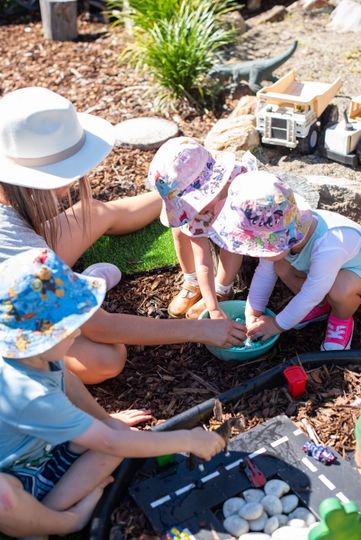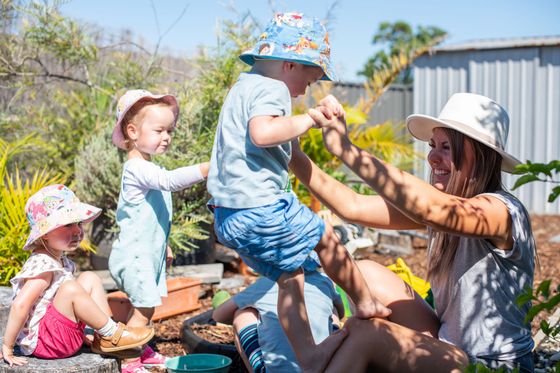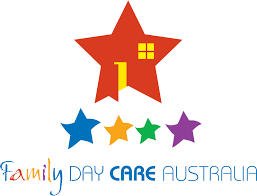About Us
Alice Springs Family Day Care acknowledges that we walk on the lands of the Arrernte people and recognize our part within the close-knit, unique and diverse community of Alice Springs.
We value the cultural diversity of our desert town and understand the significance of our shared experiences within the history of Central Australia.
Our dedicated and passionate, regulatory approved Educators provide care for children from young infants through to 13 years. Care is offered during standard hours, before/after school, school holidays, overnight and weekends. Educator environments are checked, approved and compliant with the National Regulations. Educators are monitored by our knowledgeable, passionate, innovative and highly experienced coordination unit who conducts regular visits to their homes.
Our Philosophy

Alice Spring Family Day Care Inc. Acknowledges that we walk on lands of the Arrernte people and recognise our part within the close knit, unique and diverse community of Alice Springs. We value the cultural diversity of our desert town and understand the significance of our shared experiences within the history of central Australia.
We believe that each family, educator and staff member brings a wealth of knowledge and life experience to the work of family day care. We welcome and support this diversity as the building blocks of our community.
We view families as their child’s first teacher and respect individual practices and diverse perspectives. We value the voice of children, families, Educators and staff and act to promote strong collaborative partnerships based on mutual respect, support and communication in order to gain the best outcomes for the child.
We believe that children are strong, independent, capable individuals with a right to high quality education and care. We value each child’s voice and abilities and support their eagerness to learn and grow. We hold high expectations for children’s learning and support them through the process.
Alice Springs Family Day Care demonstrates learning through play within small, responsive and nurturing environments. We provide flexible, welcoming environments that promote and respect children’s choices. We believe in providing challenges in order to enhance learning and development whilst recognising and supporting individualities. We believe in strong spiritual wellbeing for children.
We believe we play a key part in strengthening the lives of children and help them become happy, confident people with a love of lifelong learning as well as possessing valuable life skills. Through our work we aim for children to have a strong sense of health and wellbeing.
Alice Springs Family Day Care Inc. will be united as a community of culturally diverse learners, children, families and professionals, who provide highest quality education and care in Alice Springs and advocate for quality early childhood education.

Why Family Day Care?
Alice Springs Family Day Care is a natural choice for high quality nurturing childcare and education. We are the original Family Day Care Scheme in Alice Springs, operating since 1979.
We adhere to the Education and Care Services National Regulations and Law, National Quality Standards and the Early Years Learning Framework. ASFDC complies with rating and assessment through the Department of Education, NT Government.
Ratios per Educator: maximum of 4 children under the age of 5 and 3 children over the age of 5. We match Educators to children and families. We offer weekly play sessions at interesting and various locations. Families are welcome to attend these.
Family Day Care offers:
- The one primary care giver
- Consistency of care
- Natural home environments
- Small groups
- A sense of community
- Child Safe environments
Family Day Care Australia
Family Day Care Australia is a national peak body which supports, enhances and provides resources for family day care services. Their roles are to resource and promote family day care services in Australia and work with the Government to ensure the strength and continued growth of the sector in Australia. As are ASFDC,
they are a member-based not for profit
organisation that works on behalf of our members and provide the following:
- information, policy advice and advocacy
- Promotes Family Day Care as a quality childcare choice and career option
- Offers an extensive range of products and
services to our member
Our Mission
To represent, support and promote the family day care sector in delivering high-quality early childhood education and care to more Australian children.
Code of Conduct
Our Family Day Care Educators
Michelle Allen
Katrina Sessions
Eta Tinaikulabu
Kathleen Logue





